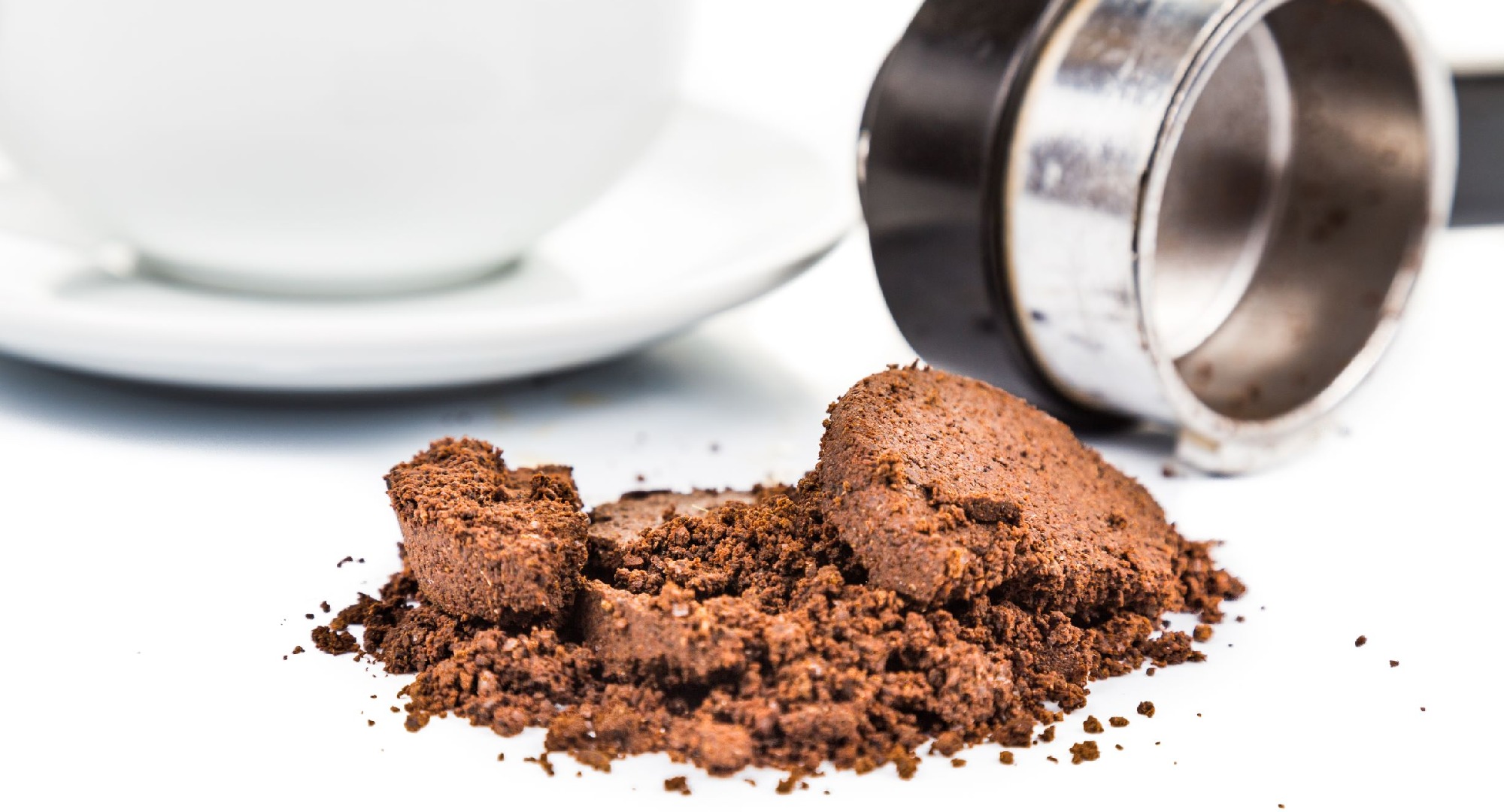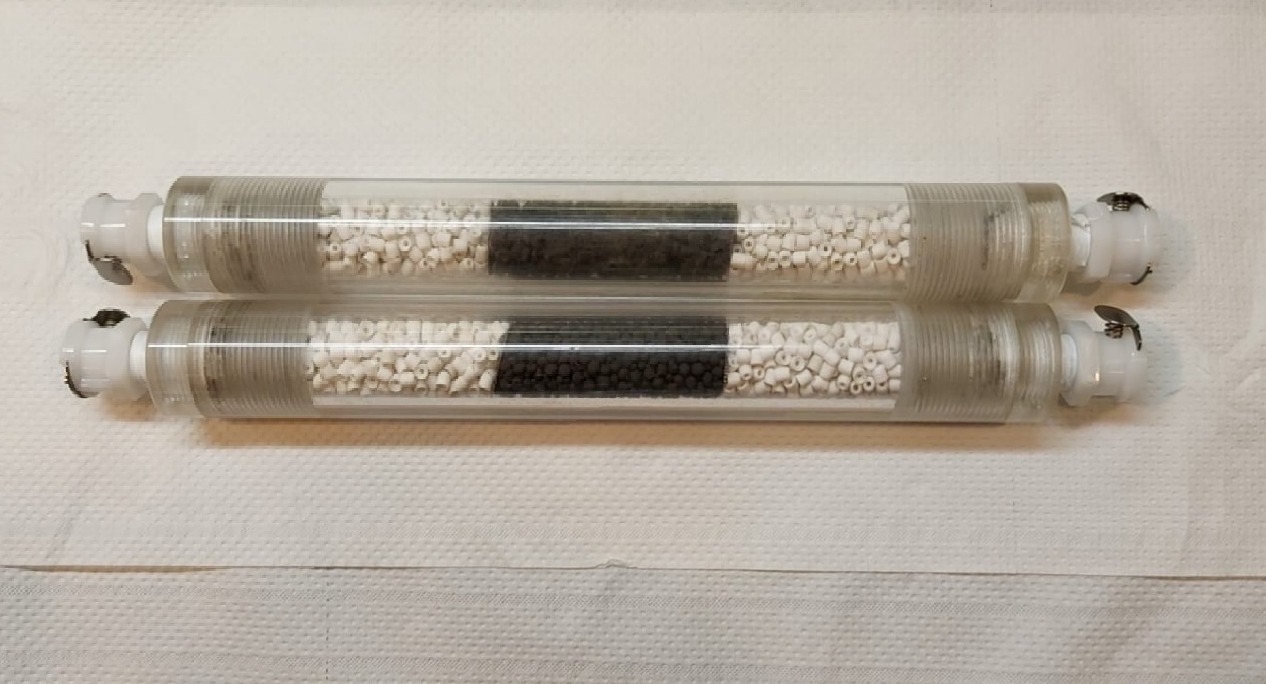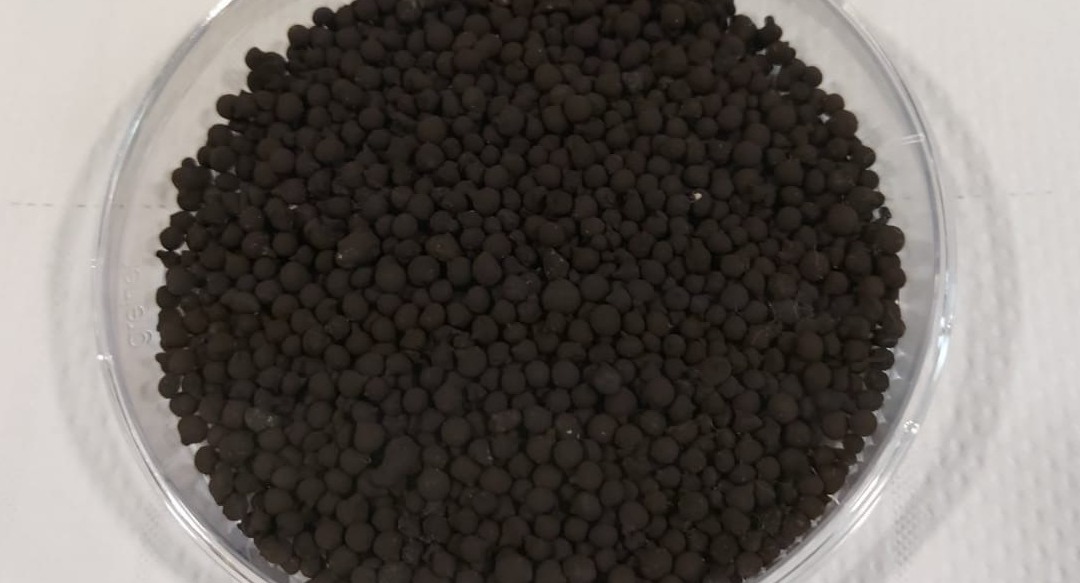Low-Cost Adsorbents From Spent Coffee Grounds For Industrial Wastewater Treatment



KEY INFORMATION
Waste Management & Recycling - Industrial Waste Management
TECHNOLOGY OVERVIEW
TECHNOLOGY FEATURES & SPECIFICATIONS
The technology relates to an innovative and custom-designed thermochemical reactor capable of converting the spent coffee grounds into solid adsorbents also known as hydrochar. Hydrochar particles produced have the following attributes which include a robust mesoporous framework, higher surface area, and functionalised removal of cations, anions and organic pollutants in wastewater. Up to 80% of the organics and chemical oxygen demand can be removed after passing through the hydrochar. After water treatment usage, hydrochar can be repurposed as a soil conditioner which helps in plant germination, closing the loop on food waste.
The thermochemical reactor is also capable of converting other food wastes including durian husks, coconut husks, fruit peels, and other non-edible food waste.
POTENTIAL APPLICATIONS
The technology can be adopted in the food and beverage industry that are looking to upcycle the non-edible and no value food waste into value-added products, such as solid adsorbents. The carbon-rich material, hydrochar, presents a sustainable alternative as the low-cost adsorbent that can attract interest from sectors that require treatment of reject and backwash water. These include industries from semiconductors, petrochemicals, wastewater treatment, desalination, and textiles.
Unique Value Proposition
-
Offers a cost-effective process to produce higher value-added products from food waste, creating a circular economy
- Reduced disposal cost
- Revenue creation from waste
- Tailor-made design of thermochemical reactor to produce higher surface area and better efficiency of solid adsorbents from food waste
- Highly scalable
